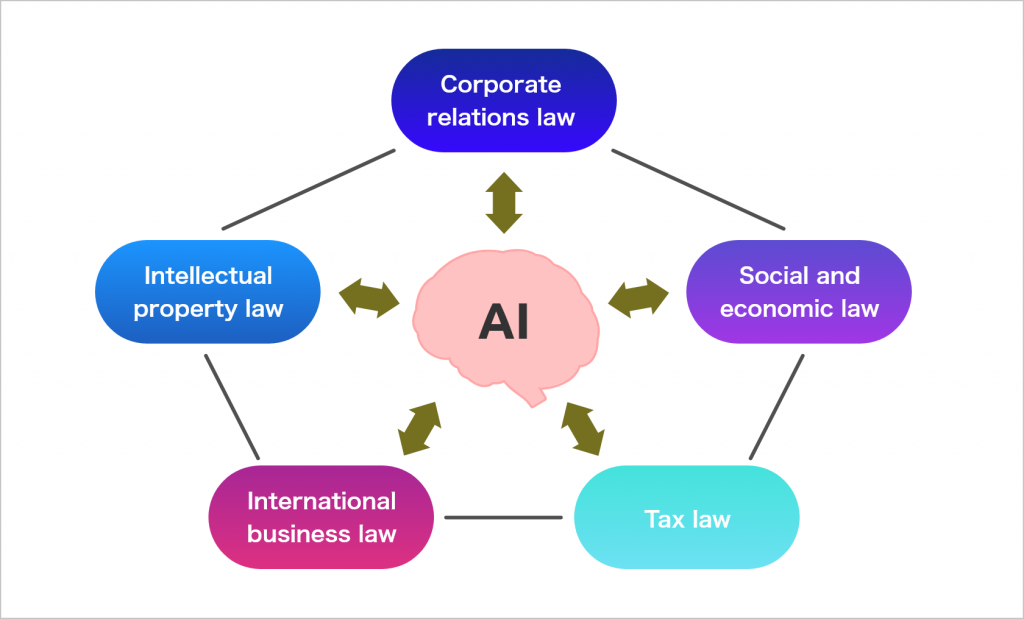The Outline of the Enterprise Law Studies Research Group
The Enterprise Law Studies Research Group covers a wide area of research related to fields of enterprise law studies and which cover corporate relations law (such as civil law, commercial law, and code of civil procedure), international business law (such as private international law and international transaction law), intellectual property law (such as copyright law and patent law), social and economic law (such as labor law, social security law, and economic law), and tax law (tax law and international tax law).
With regards to legal issues concerning enterprises in modern society and the modern economy, the goal of this research group is to advance the research that aims to solve problems related to these issues and perhaps return those research results to society as policy proposals, using advanced expertise and viewpoints.
There have been great changes in the environment surrounding enterprises, such as IT development and innovation including the globalization and spread of IT in corporate activities and, at the same time, strengthening compliance (with laws) and governance (i.e., corporate governance) are demanded. Presently, where the functional enhancement of corporate law is being regarded as important like never before, the priority of the research of enterprise law studies can be said to be extremely high.
Moreover, legal risks are beginning to surface regarding the development of AI (artificial intelligence) technology and its creation of new businesses. The Enterprise Law Studies Research Group is driving research forward which has legal issues pertaining to the emergence of AI as the theme, from the viewpoint of constructing rules that do not obstruct the development of technologies being safe, secure, and highly transparent (see the diagram below).
The Legal Issues of the AI Age
Law-related cross-sectional investigations aimed toward policy proposals and theories of systems for legal issues in the age of AI.
Focus toward unresolved issues that extend into composite legal fields.
The perspective of the integration of management with judicial affairs as a possibility.

Furthermore, the faculty members of the Enterprise Law Studies Research Group conduct educational activities as the people who are mainly in charge of the Graduate School of Business Sciences’ Enterprise Law Course on the Enterprise Sciences Major (doctoral course) and the Enterprise Law Studies Major (Master’s course) [reference information: http://www.blaw.gsbs.tsukuba.ac.jp/].


